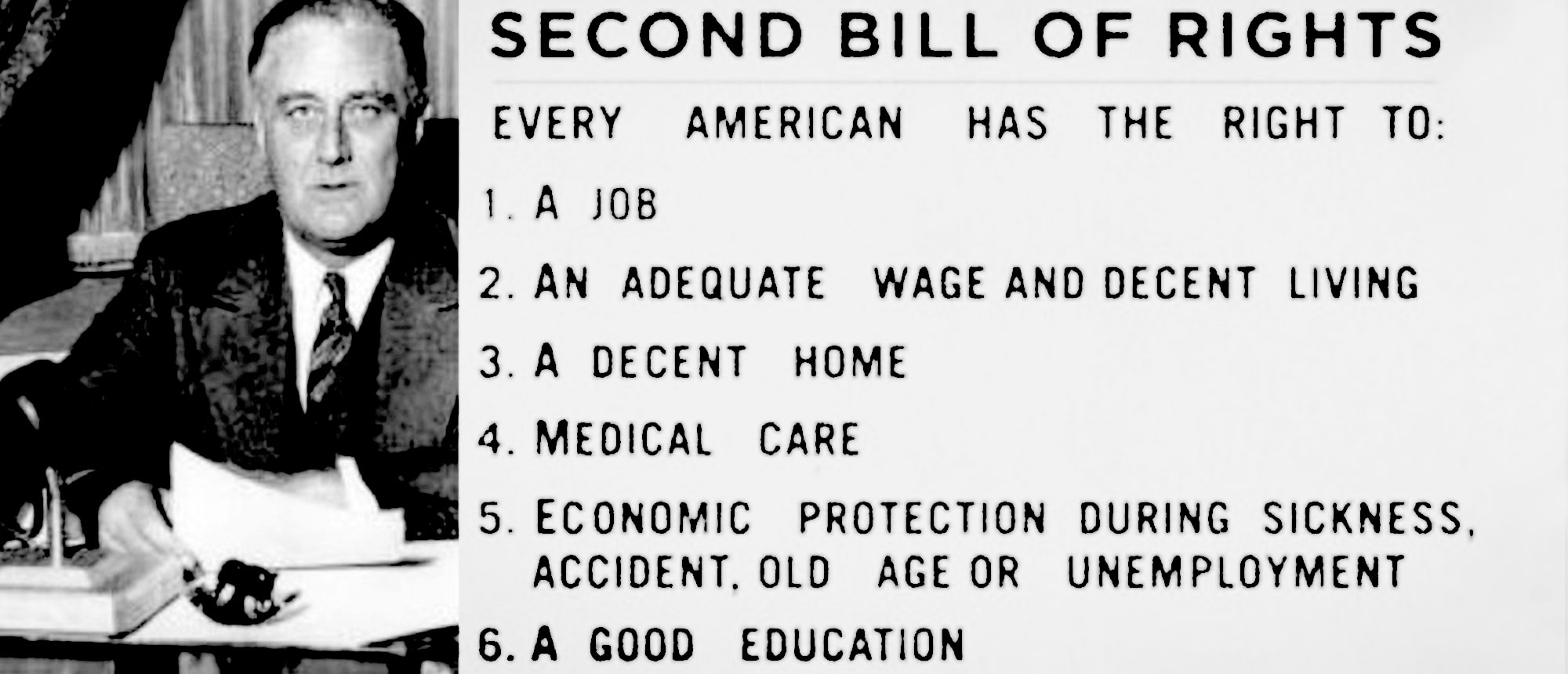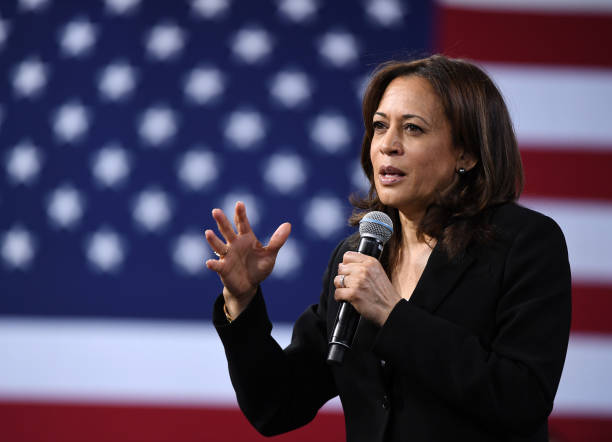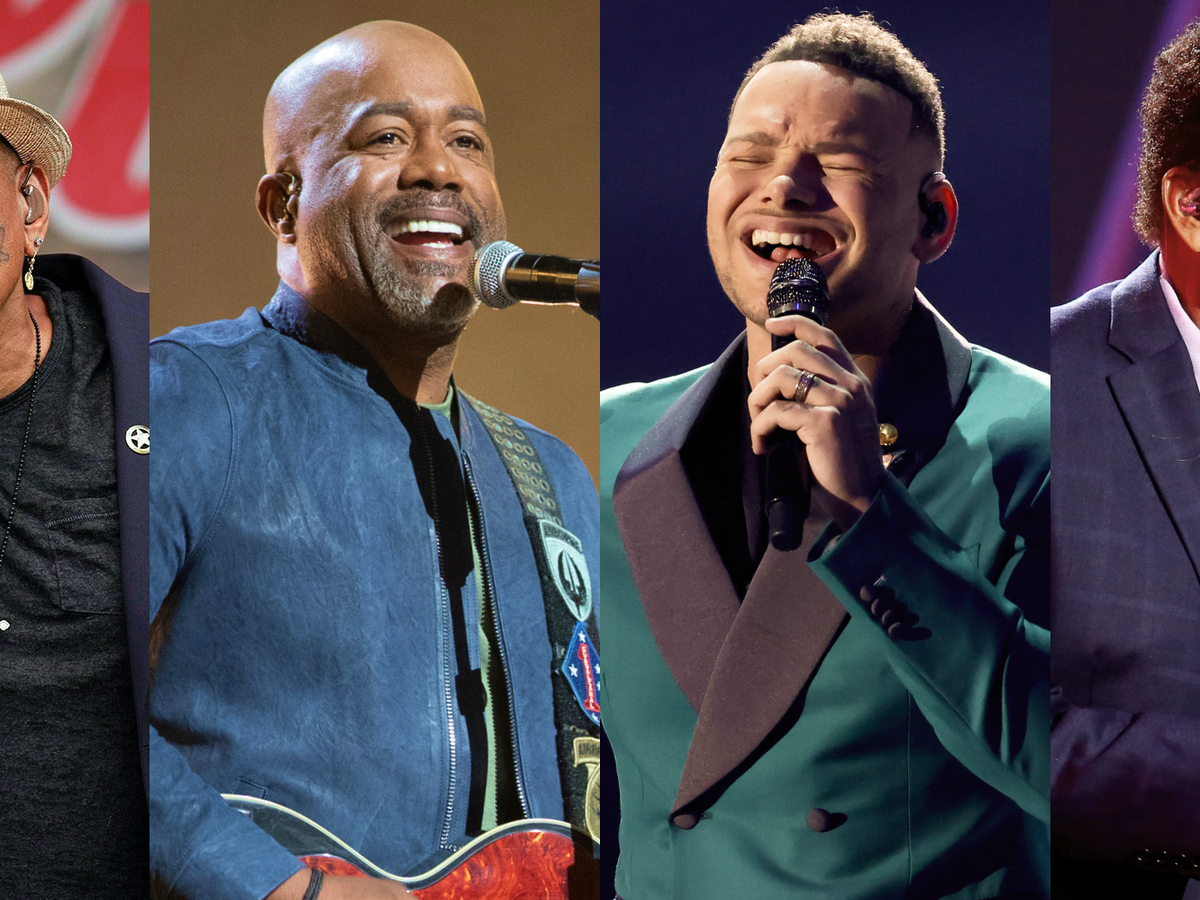(ThyBlackMan.com) “Here are white men poised to run big marijuana businesses selling weed after 40 years of impoverished Black kids getting prison time for selling weed, and their families and futures destroyed. Now, white men are planning to get rich doing precisely the same thing?”
– Michelle Alexander, associate professor of law at Ohio State University and the author of The New Jim Crow: Mass Incarnation in the Age of Colorblindness
Almost 40 states have legalized in some form: CBD oil, medical and/or recreational. The only states that have an outright ban are: Alabama, Idaho, Kansas, Mississippi, Nebraska, North Carolina, South Carolina, South Dakota, Tennessee, Wisconsin, and Wyoming: states where most folks would not want to live anyway. Historically, The Marihuana Tax Act of 1937 made cannabis consumption illegal – ushered in by cannabis prohibitionist Harry Anslinger, the director of the Federal Narcotics Bureau, The law was originally passed to levy taxes on cannabis and hemp products. Up to this point, cannabis products were legal and sold at pharmacies and drug stores as long as they were clearly labeled and regulated. All 50 states will eventually legalize cannabis before the end of the decade, (and yes I am clairvoyant.) It’s a multi billion dollar industry, and people are poised to make a lot of money. – creating a lot of new jobs in a $10 billion industry. However, it seems that wealthy white men are at the helm of this growing cannibal boom – potentially shutting out others. For decades Black men and women were at the forefront of informal cannabis distribution. Now, these same entrepreneurs appear to be locked out of the game, at first glance. However, some Black entrepreneurs have found ways to overcome and thrive in this growing industry.
A 2018 federal law prevents those with felony drug convictions from working in the cannabis industry for at least 10 years after their conviction. This affects Black entrepreneur disproportionately because Black people are four times more likely to be arrested for cannabis possession. Although, cannabis laws have been relaxed in recent years, Black people are still arrested for minor cannabis offenses at a much higher rate. Consequently, Black people make up only one percent of the U.S. cannabis industry. Ironically, former Speaker of the House John Boehner currently is a member of Acreage Holding – one of the largest companies in the world of cannabis investments. If a former republican federal lawmaker can prosper cannabis come up, what prevents current or former cannabis street vendors from occupying the same space?
According to Eli McVey with Marijuana Business Daily, “Information gaps and a reluctance to become involved in a heavily regulated and federally illegal industry industry are major barriers for [Black people and others] trying to enter the cannabis industry.” The report further explains that roughly 81 percent of founders and owners are white, while only four percent are Black – most operating within an uneven economic playing field. However, there are some Blacks who are able to thrive despite obstacles. Former Baltimore Ravens offensive tackle, Eugene Monroe, is s partner at Green Thumb Industries (GTI) – a medical cannabis firm. Monroe works in acquisitions of medical cannabis licenses, cultivation, and product development with 50 retail dispensaries operating in seven states. Monroe argues that many state programs are written favoring the white and the wealthy. For example in Pennsylvania, the licensing process requires a minimum $2 million investment. Most Black entrepreneurs lack that kind of funding. Some would argue this is due to decades of governmental policies that have prevented Blacks and others from prospering and building generational wealth. Another shining example of someone who found success in spite of the odds is Shantel Lindsay.
Lindsay is the founder of Ardent Cannabis – a Boston based biotech and medical cannabis company. Ardent Cannabis specializes in devices meant to improve the administration of medicinal cannabis like the NOVA Decarboxylator, which aides in the process of activating dormant cannabinoids used to make cannabis edibles. The derivative can be smoked as well. According to Ardent Cannabis website, the process converts the Tetra Hydro Cannabol (THC) from its raw form by removing the extra carboxyl ring stuck the THC to activate raw cannabis. These devices are about the size of a coffee grinder, and are available at participating Walmart stores. Lindsay is also a lawyer and was instrumental in writing cannabis regulations for Massachusetts. “It was very difficult as a technology that not even investors understood. It was nearly impossible to raise money. I had the benefit of looking internally and raising money from friends and family; and if I didn’t have that, I wouldn’t have made it,” Lindsay told William Sumner with Green Entrepreneur I’m July 2018. Also, Wanda James, CEO of Simply Pure has found success in cannabis.
Simply Pure is the first Black owned and operated cannabis dispensary in Colorado. James is a vertern and former member of President Obama’s finance committee, as well as the former campaign manager for congressman turned Colorado Governor Jared Polis. She and her husband, Scott Durrah (also a veteran and professional chef for over 25 years) use their platform to advocate and create opportunities for Black people and others in the cannabis industry. James strives to remove the stigma around cannabis use for wellness as well as recreational, and change. “What’s really important I think is to normalize cannabis use … I want to change the narrative around cannabis consumption,” James said in an interview with Connectvets.com back in September. It appears that the old adage is true. Where there is a will there is a way. Also
For others who might have an interest in the lucrative field of in the cannabis industry, Melek Dexter – founder and CEO of cannabis start up Re-Up Holdings suggest a crowdfunding platform to raise awareness and providing opportunities and ownership to serve Black communities. Re-Up Holdings helps Black entrepreneurs build wealth by leveraging the cannabis industry through marketing. “We can be our own reparations. We can be our own social equity,” Dexter states.
Source(s):
April M. Short. “Michelle Alexander: White Men Get Rich from Legal Pot. Black Men Stay in Prison.” 16. Mar. 2014. Alternet. Web. 05. Jan. 2020
Carlos Miller. “Black Entrepreneurs has Plan for African Americans to Enter the Cannabis Industry.” 23. Aug. 2019. Miami New Times. Web. 04. Jan. 2020
Eli McVey. “Chart: Minorities Occupy 17% of executive positions in Marijuana Industry.” 05. Sept. 2017. Marijuana Business Daily. Web. 04. Jan. 2020
Lisa Rough. “Five Facts about the Marihuana Tax Act of 1937. ‘ 02. Aug. 2017. Leafly. Web. 05. Jan. 2020
Julie Wee. “Ardent Launches Make Your Own Edible Kits and a Cannabis Decarboxylater. 10. May. 2018. Forbes. Web. 05. Jan. 2020
Kaylah Jackson. “Colorado’s First Black Veteran-owned Dispensary is Changing the Conversation on Cannabis.” 03. Sept. 2019
Staff Writer; Gustavus Betts
One may connect with this brother on Facebook; G. Betts and Twitter; Gustavusb.




















Leave a Reply